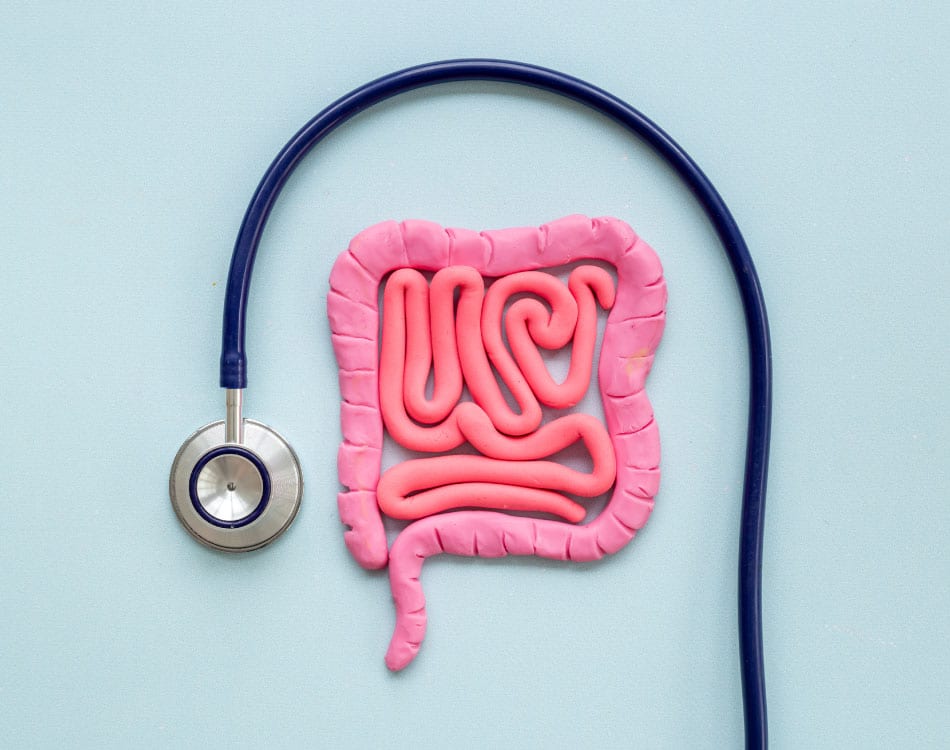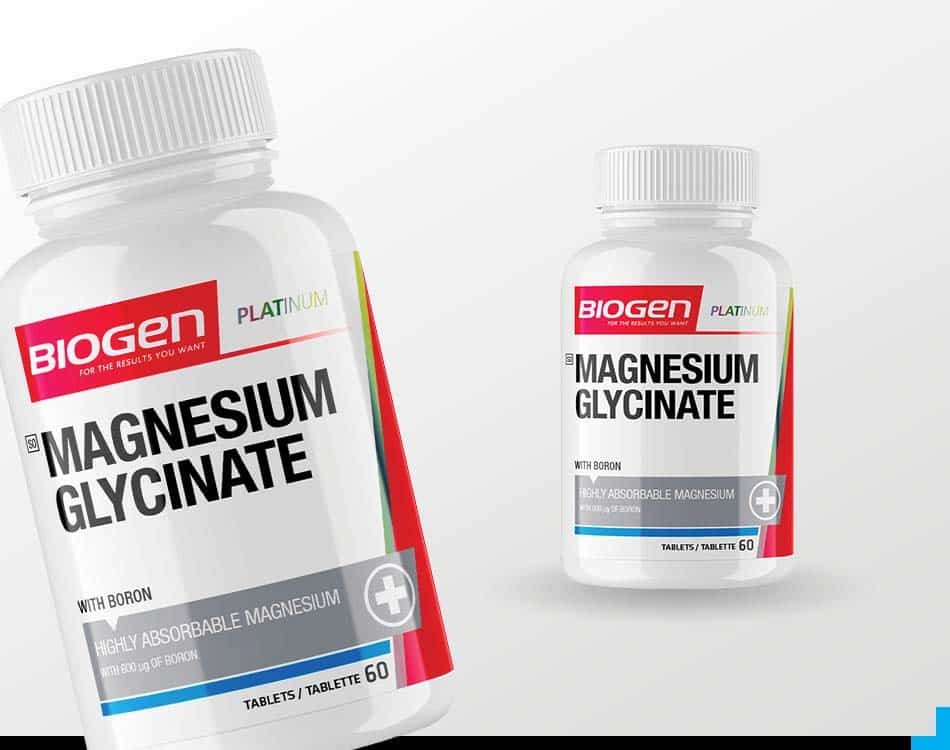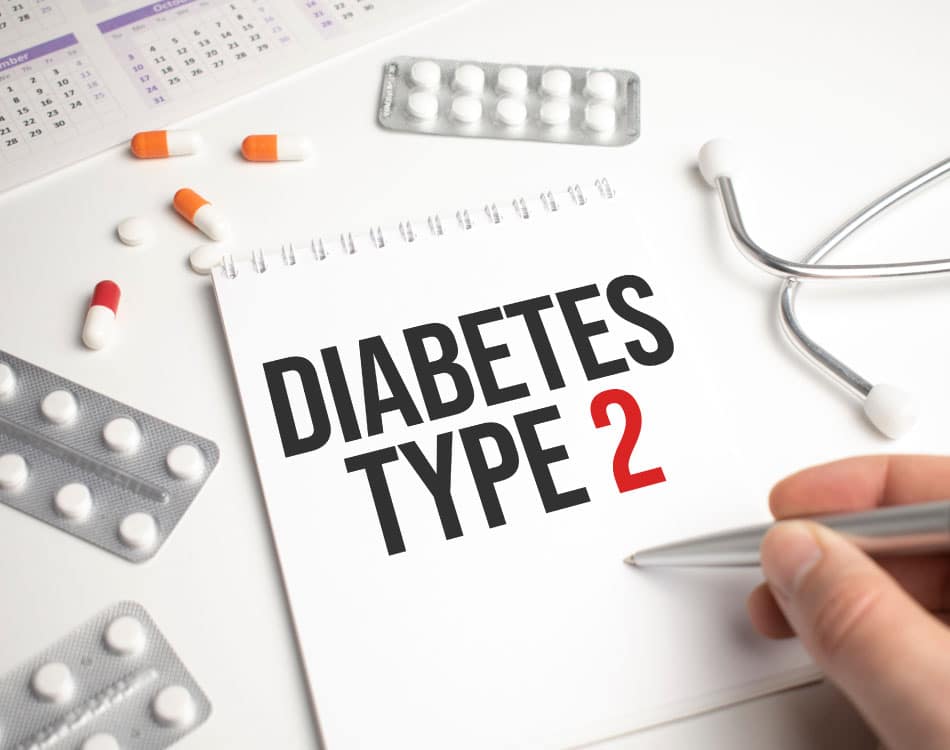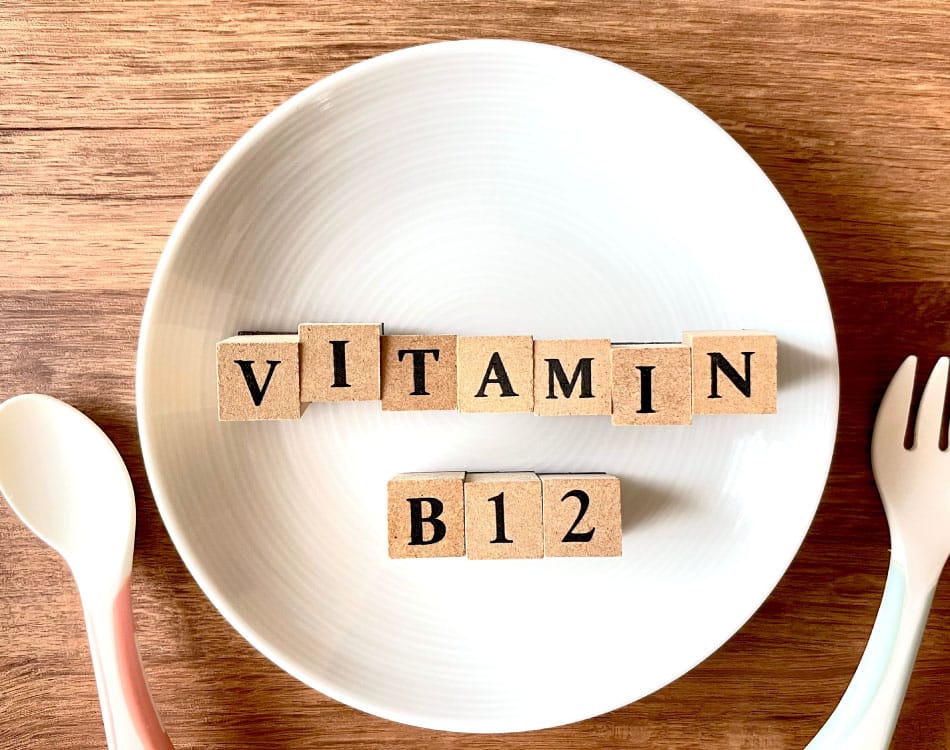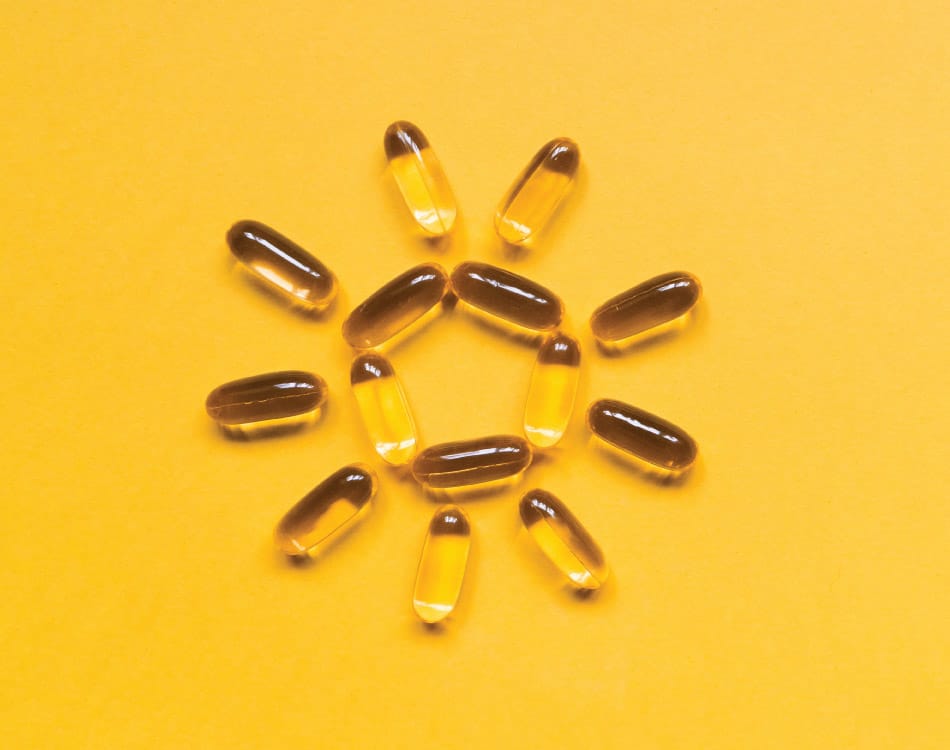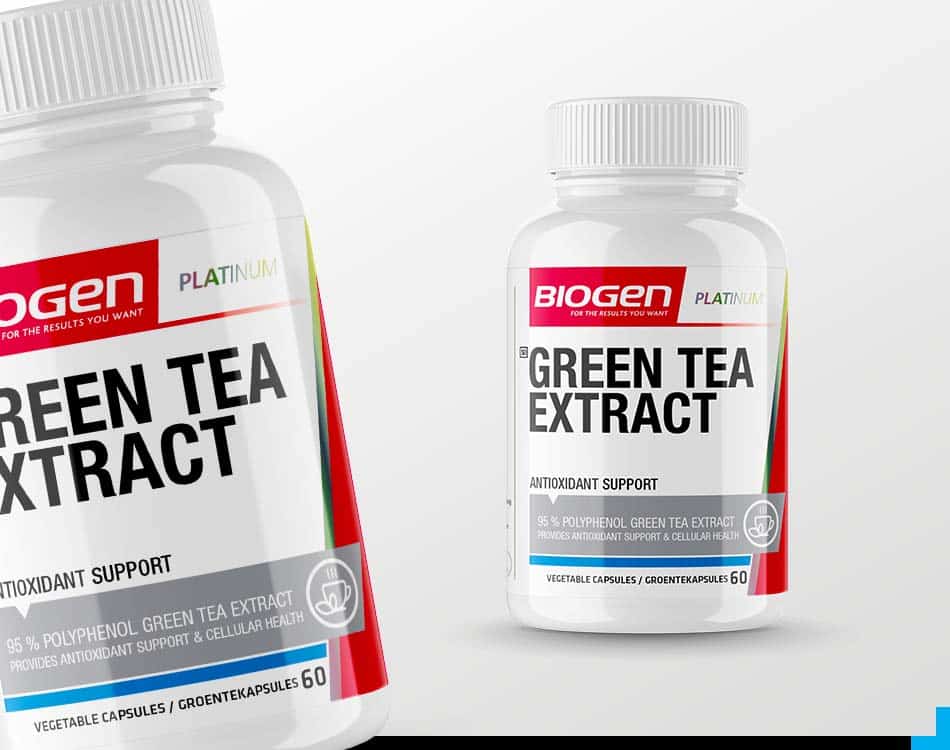While it is important to get most of the micronutrients your body needs to support the immune system from wholesome food, vitamin and mineral supplement combos can help address any potential nutritional shortfalls and provide added support to help boost your immunity.
A large body of research affirms that you can strengthen your immune system with an adequate supply of vitamins, minerals, and antioxidants.
A comprehensive immune support product or a vitamin and mineral complex that contains the various compounds highlighted in this article, or a combination of these nutrients from standalone products, could help to boost your immunity this cold and flu season.
READ MORE | Boosting Immunity Remains A Top Health Trend In 2023
1. The vitamin immunity cocktail
Vitamin A1 protects epithelium and mucus integrity in the body, which serve as our primary physical barriers against possible infection. This micronutrient is also vital for developing immune system strength and function as it regulates immune cell and antibody responses. In addition, vitamin A works synergistically with vitamin D across specific immune functions.
Your body requires adequate amounts of all eight B vitamins2 to produce various cells involved in the immune response. Two B vitamins (B6 and B12) are particularly important as they are involved in numerous biochemical reactions related to optimal immune function.
Certain immune cells require vitamin C to function optimally and for protection against free radical damage. As such, this vitamin is highly concentrated in immune cells and is consumed quickly during an infection. However, your the body cannot produce vitamin C, which means we need to supply sufficient amounts from our diet and from supplements. A study3 also showed that vitamin C can reduce the duration of a cold (an 8% reduction for adults and 14% reduction for children).
Vitamin D functions as an immune system modulator4 to regulate its response and various functions. Specifically, vitamin D reduces levels of inflammatory proteins called cytokines and helps to increase levels of antimicrobial proteins such as B lymphocytes and killer T cells that destroy invading germs and viruses. Vitamin D supplements can help to compensate for a lack of exposure to sunlight during winter as we cover up or spend more time indoors.
Vitamin E5 boosts immune cell production, including the B-cells that produce antibodies to fight bacteria. Vitamin E also acts as an antioxidant, protecting immune cell membranes from damage by free radicals, and produces proteins and other key mediators in the immune response.
READ MORE | 5 Vitamins And Minerals That Could Boost Your Immune System This Winter
2. A mix of minerals
Zinc acts as a co-factor, signalling molecule, and a structural element in numerous biological processes, including inflammation regulation, and antiviral and antioxidant functions6. One study7 showed that zinc supplements can reduce the occurrence of acute respiratory infections by 35%, shortens the duration of flu-like symptoms by two days and may also improve the rate of recovery.
While the specific mechanisms by which copper is involved in immune processes require more research to define, available studies8 show that this mineral plays an important role in regulating a normal immune response (known as immunocompetence). A copper deficiency is also associated with a decrease in antibody-mediated (humoral), immune cell-mediated, non-specific immune function.
Iron is a vital mineral needed to ensure the normal development of the immune system and a deficiency can negatively impact the body’s immune response. More specifically, iron is involved in the immune cell production and maturation (particularly lymphocytes)9 in response to an infection.
READ MORE | Vitamin Packs: Small Supplements That Pack A Big Punch
3. Antioxidant assistance
Research10 shows that co-enzyme Q10 (CoQ10) enhances white blood cell activity and antibody-mediated immunity by boosting antibody production. CoQ10 is also a potent antioxidant which helps to protect immune cells.
Beta carotene supports immune cell activity in the body, with research11 showing that beta-carotene supplements can increase base levels of T-lymphocytes and immune system natural killer cells. The body also converts beta-carotene into vitamin A, which is important for all the reasons already mentioned.
Selenium functions in synergy with vitamin E as an antioxidant. Studies12 show that insufficient selenium can compromise the effect of vitamin E on immunity. Selenium is also involved in initiating the immune response and in regulating excessive immune responses13.
References:
- Role of Vitamin A in the Immune System. J Clin Med. 2018 Sep; 7(9): 258. Published online 2018 Sep 6. doi: 10.3390/jcm7090258
- B Vitamins and Their Role in Immune Regulation and Cancer. Nutrients. 2020 Nov 4;12(11):3380. doi: 10.3390/nu12113380.
- Vitamin C in the Prevention and Treatment of the Common Cold. Am J Lifestyle Med. 2016 May-Jun; 10(3): 181–183. Published online 2016 Feb 9. doi: 10.1177/1559827616629092
- Vitamin D and the Immune System. J Investig Med. 2011 Aug; 59(6): 881–886. doi: 10.231/JIM.0b013e31821b8755
- Regulatory role of vitamin E in the immune system and inflammation. IUBMB Life. 2019 Apr; 71(4): 487–494. Published online 2018 Nov 30. doi: 10.1002/iub.1976
- The role of zinc in antiviral immunity. Adv Nutr. (2019) 10:696–710. doi: 10.1093/advances/nmz013
- Zinc acetate lozenges may improve the recovery rate of common cold patients: an individual patient data meta-analysis. Open Forum Infect Dis. 2017. 4:ofx059. doi: 10.1093/ofid/ofx059
- Effect of copper on immune function and disease resistance. Adv Exp Med Biol. 1989;258:243-52. doi: 10.1007/978-1-4613-0537-8_22.
- Role of iron in immunity and its relation with infections. Arch Latinoam Nutr. 1999 Sep;49(3 Suppl 2):40S-46S.
- Coenzyme Q10 and Immune Function: An Overview. Antioxidants (Basel). 2021 May; 10(5): 759. Published online 2021 May 11. doi: 10.3390/antiox10050759
- Natural killer cell activity in elderly men is enhanced by beta-carotene supplementation. Am J Clin Nutr. 1996 Nov;64(5):772-7. doi: 10.1093/ajcn/64.5.772.
- Influence of vitamin E and selenium on immune response mechanisms. Fed Proc. 1979 Jun;38(7):2139-43.
- The Role of Selenium in Inflammation and Immunity: From Molecular Mechanisms to Therapeutic Opportunities. Antioxid Redox Signal. 2012 Apr 1; 16(7): 705–743. doi: 10.1089/ars.2011.4145


